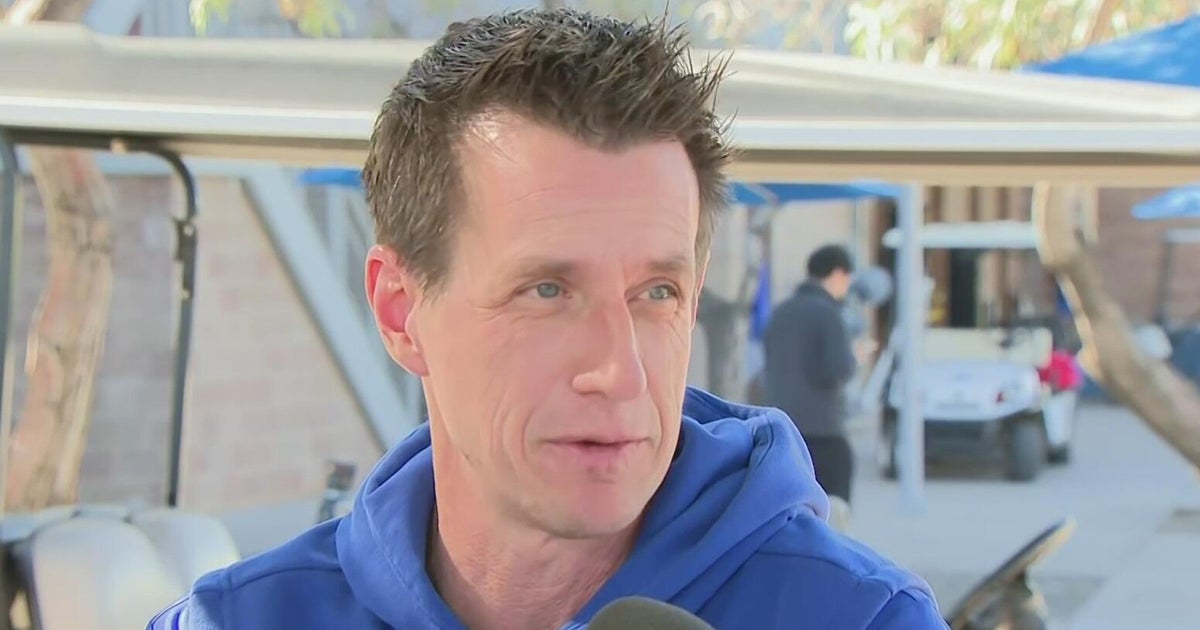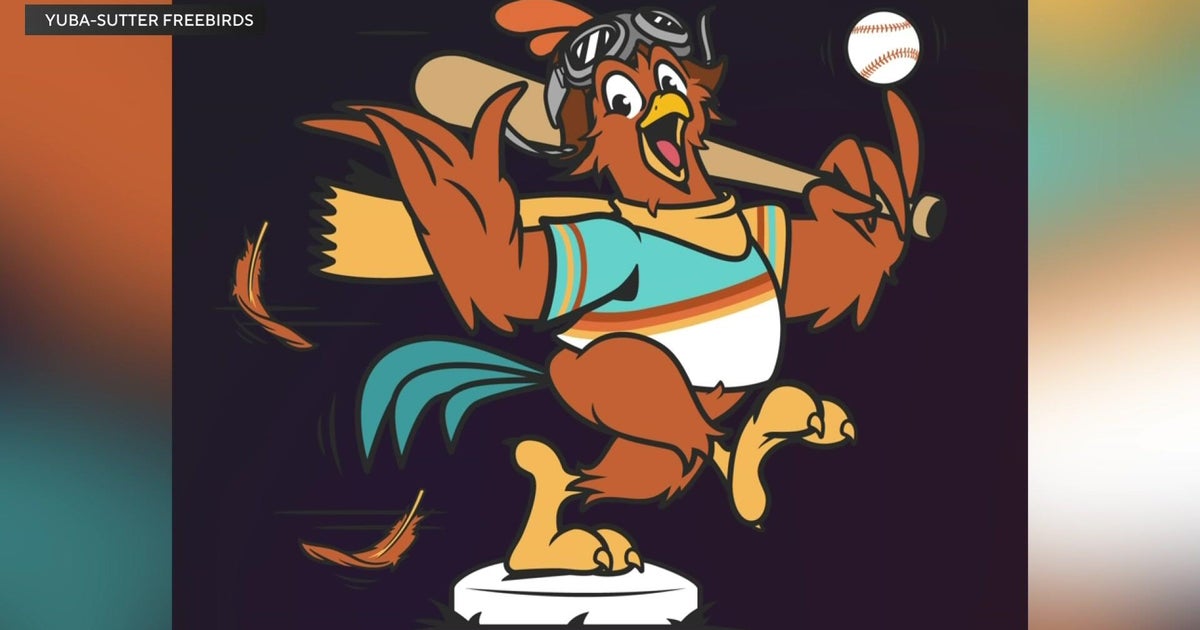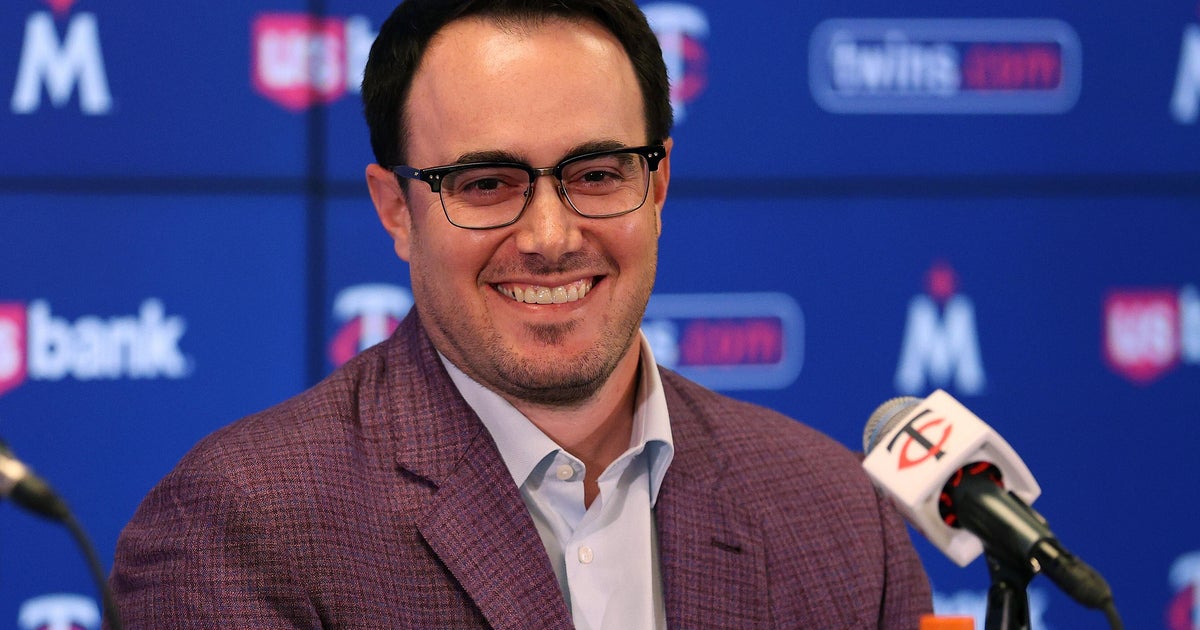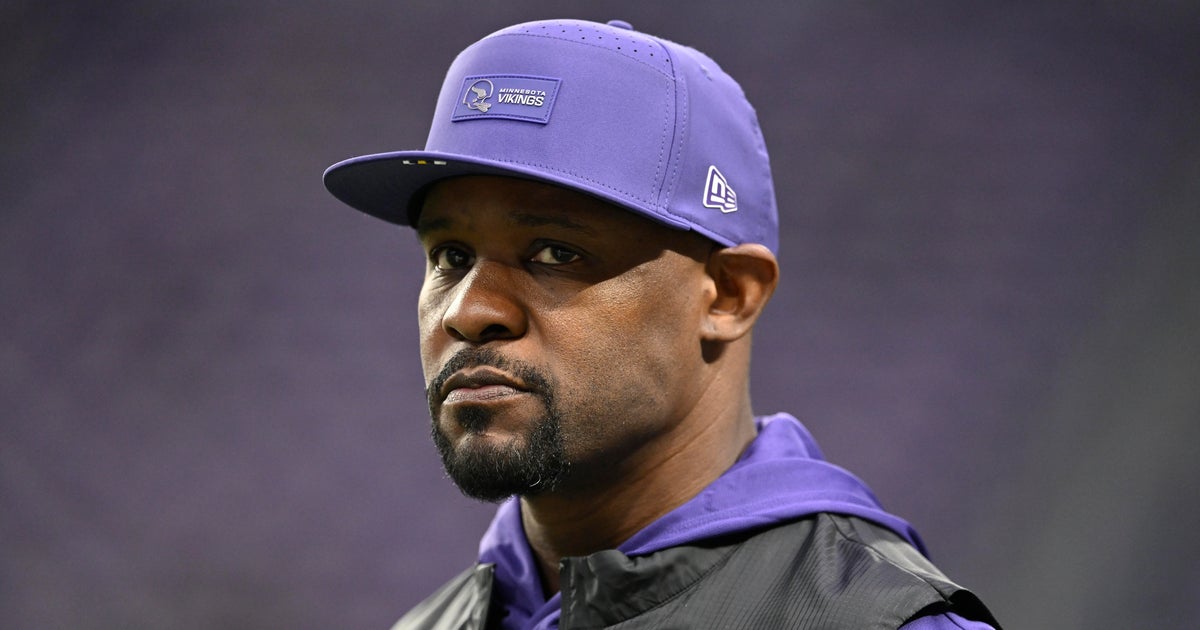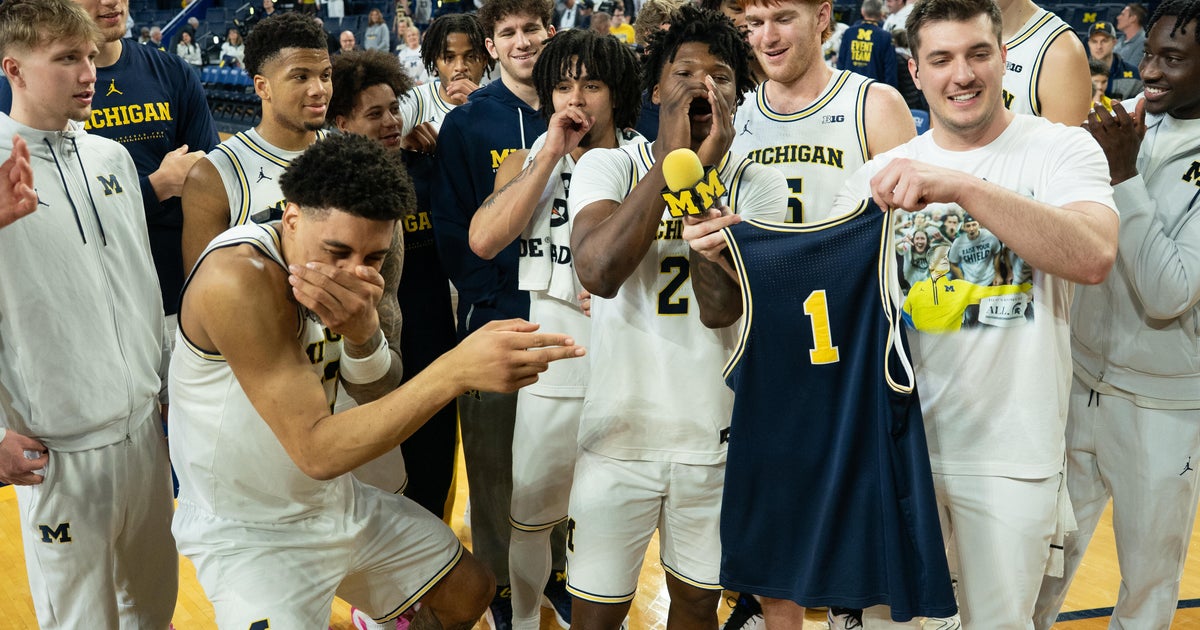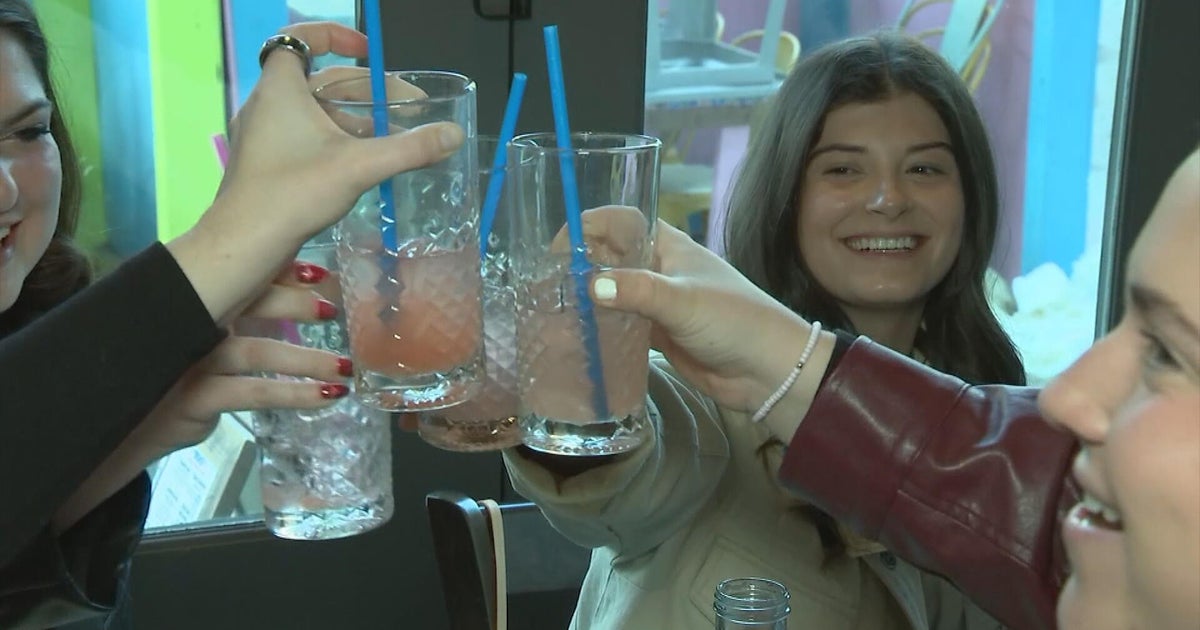MLB Players Get More Mental Health Support
Follow CBSDFW.COM: Facebook | Twitter
CHICAGO (AP) - For Cubs general manager Jed Hoyer, Josh Lifrak is just like hitting coach John Mallee or pitching coach Chris Bosio.
Lifrak is the director of the team's mental skills program, while Mallee and Bosio are two key members of Joe Maddon's coaching staff. While Hoyer looks at each of them in a similar way, he also knows what that means in terms of a shift in thinking when it comes to mental health and major league baseball.
"I think that it used to be the kind of thing that people would talk to people, they didn't, like, advertise it," he said. "Some guys were ashamed of it, and some people didn't want to have any part of it. I think now it's almost impossible to find someone who doesn't understand that your mental skills coach is no different than a hitting coach or a pitching coach. He's a guy that can really help your players get better.
"That's a shift from like, partial acceptance to like, total acceptance in a very short amount of time."
Long gone are the days when mental health was a taboo subject in major league locker rooms, and the days of a lone sports psychologist even appear to be waning. While individual players have sought help with the mental side of the game for years, teams are responding to the changing attitudes by offering more assistance to their players in the area.
At least three teams — the Cubs, Red Sox and Nationals — announced major changes this year to their approach.
"I think as a whole, the industry is far more comprehensive," said Doug Harris, an assistant general manager for the Nationals who also serves as their vice president of player development and pro scouting. "People are being more creative now, trying to help their players in any way they can."
Harris played a key role in Rick Ankiel joining the organization in January to work with minor leaguers as a life skills coordinator. He first broached the idea with Ankiel at a spring game last season, and the two had a running conversation that eventually pivoted to more specific details.
"I hope he affects our kids," Harris said. "With his background he has, both personally and professionally, it's a broad range. He's been through a ton in his life. That's what we're looking to tap into."
Ankiel was one of baseball's top pitching prospects when he broke into the majors with St. Louis in 1999. But he struggled with his control in the playoffs in 2000, throwing five wild pitches in his first postseason appearance, and was never the same pitcher again.
He restarted his career as an outfielder and made it back to the majors, finishing with a .240 batting average, 76 homers and 251 RBIs in 11 seasons. He played his final game in 2013 with the New York Mets.
"For me, I'm a resource and a confidant for these guys," Ankiel said when asked to describe his new role. "Anything they need help with. If they want to talk about stuff on the field, or if they need help with stuff off the field ... whatever it may be. I'm just here for them to lean on and pass along all the things I've learned along my way."
Ankiel worked with Harvey Dorfman during his playing career, and plans to pass along much of what he learned from the pioneering sports psychologist.
The Red Sox announced in January that they had hired Dr. Richard Ginsburg to run their new behavioral health program. Ginsburg also is the co-director of the Paces Institute of Sports Psychology at Massachusetts General Hospital.
Bob Tewksbury, Laz Gutierrez, and Justin Su'a were named mental skills coaches. Tewksbury, who won 110 games in 13 seasons in the majors, had the same position with Boston for nine years before he spent last year with the players' union.
Chicago unveiled its new mental skills program in February, with Lifrak joining the team after spending 10 years as a mental conditioning consultant at IMG Academy in Bradenton, Florida. Former major league outfielder Darnell McDonald and Rey Fuentes are coordinators for the department, and Dr. Ken Ravizza has agreed to take on a consultant role.
Ravizza also worked with Maddon during his time with the Angels and Rays.
"I think that everyone can use someone to talk to about how to improve their focus, how to deal with failure, how to deal with stuff off the field," Hoyer said. "It makes a lot of sense, and we're hardly alone. I think a lot of teams have gone the route we are. It just makes sense. It's kind of another tool in your tool box to deal with playing baseball at a high level."
(© Copyright 2015 The Associated Press. All Rights Reserved. This material may not be published, broadcast, rewritten or redistributed.)
